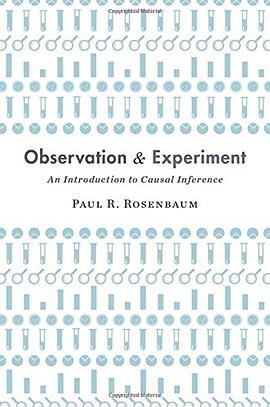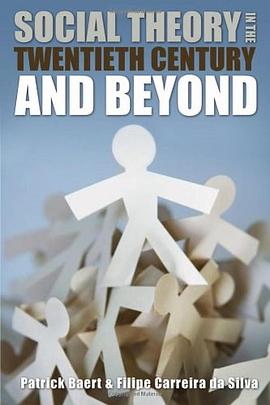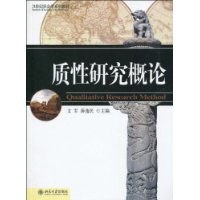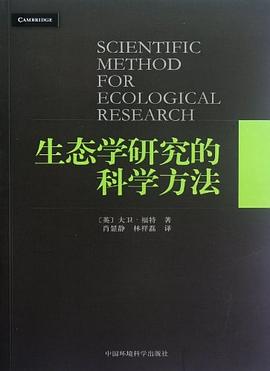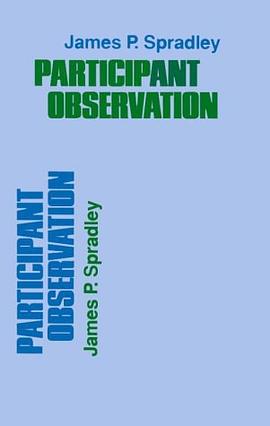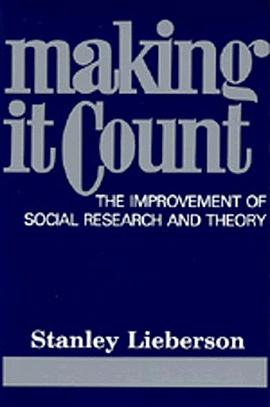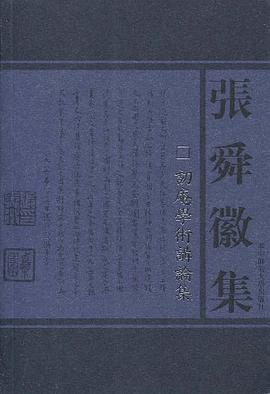
Political Ethnography pdf epub mobi txt 電子書 下載2025
- 研究方法
- 民族誌
- 比較政治
- 方法
- 方法論
- 政治學
- 政治
- 人類學
- 政治人類學
- 民族誌
- 權力結構
- 文化實踐
- 社會關係
- 製度分析
- 田野調查
- 身份認同
- 國傢與社會
- 比較研究

具體描述
Scholars of politics have sought in recent years to make the discipline more hospitable to qualitative methods of research. Lauding the results of this effort and highlighting its potential for the future, "Political Ethnography" makes a compelling case for one such method in particular. Ethnography, the contributors amply demonstrate in a wide range of original essays, is uniquely suited for illuminating the study of politics. Situating these pieces within the context of developments in political science, Edward Schatz provides an overarching introduction and substantive prefaces to each of the volume's four sections. The first of these parts addresses the central ontological and epistemological issues raised by ethnographic work, while the second grapples with the reality that all research is conducted from a first-person perspective. The third section goes on to explore how ethnographic research can provide fresh perspectives on such perennial topics as opinion, causality, and power. Concluding that political ethnography can and should play a central role in the field as a whole, the final chapters illuminate the many ways in which ethnographic approaches can enhance, improve, and, in some areas, transform the study of politics.
著者簡介
圖書目錄
Foreword
Acknowledgments
Edward Schatz
Introduction / Ethnographic Immersion and the Study of Politics
Part I : Two Traditions of Political Ethnography
Jan Kubik
One / Ethnography of Politics: Foundations, Applications, Prospects
Jessica Allina-Pisano
Two / How to Tell an Axe Murderer: An Essay on Ethnography, Truth, and Lies
Lisa Wedeen
Three / Ethnography as Interpretive Enterprise
Part II : First-Person Research
Cyrus Ernesto Zirakzadeh
Four / When Nationalists Are Not Separatists: Discarding and Recovering Academic Theories While Doing Fieldwork in the Basque Region of Spain
Elisabeth Jean Wood
Five / Ethnographic Research in the Shadow of Civil War
Timothy Pachirat
Six / The Political in Political Ethnography: Dispatches from the Kill Floor
Part III : Ethnography’s Varied Contributions
Katherine Cramer Walsh
Seven / Scholars as Citizens: Studying Public Opinion through Ethnography
Michael G. Schatzberg
Eight / Ethnography and Causality: Sorcery and Popular Culture in the Congo
Cédric Jourde
Nine / The Ethnographic Sensibility: Overlooked Authoritarian Dynamics and Islamic Ambivalences in West Africa
Lorraine Bayard de Volo
Ten / Participant-Observation, Politics, and Power Relations: Nicaraguan Mothers and U.S. Casino Waitresses
Part IV : Placing Ethnography in the Discipline
Enrique Desmond Arias
Eleven / Ethnography and the Study of Latin American Politics: An Agenda for Research
Corey Shdaimah, Roland Stahl, and Sanford F. Schram
Twelve / When You Can See the Sky through Your Roof: Policy Analysis from the Bottom Up
Dvora Yanow
Thirteen / Dear Author, Dear Reader: The Third Hermeneutic in Writing and Reviewing Ethnography
Edward Schatz
Conclusion / What Kind(s) of Ethnography Does Political Science Need?
Works Cited
List of Contributors
Index
· · · · · · (收起)
讀後感
評分
評分
評分
評分
用戶評價
序言非常好
评分序言非常好
评分政治科學為什麼、怎麼用民族誌方法,開頭帶進門,中間研究者分享自己當年為啥用民族誌而不是傳統量化方法,最後總結個經驗教訓,中規中矩
评分序言非常好
评分政治科學為什麼、怎麼用民族誌方法,開頭帶進門,中間研究者分享自己當年為啥用民族誌而不是傳統量化方法,最後總結個經驗教訓,中規中矩
相關圖書
本站所有內容均為互聯網搜索引擎提供的公開搜索信息,本站不存儲任何數據與內容,任何內容與數據均與本站無關,如有需要請聯繫相關搜索引擎包括但不限於百度,google,bing,sogou 等
© 2025 book.quotespace.org All Rights Reserved. 小美書屋 版权所有





